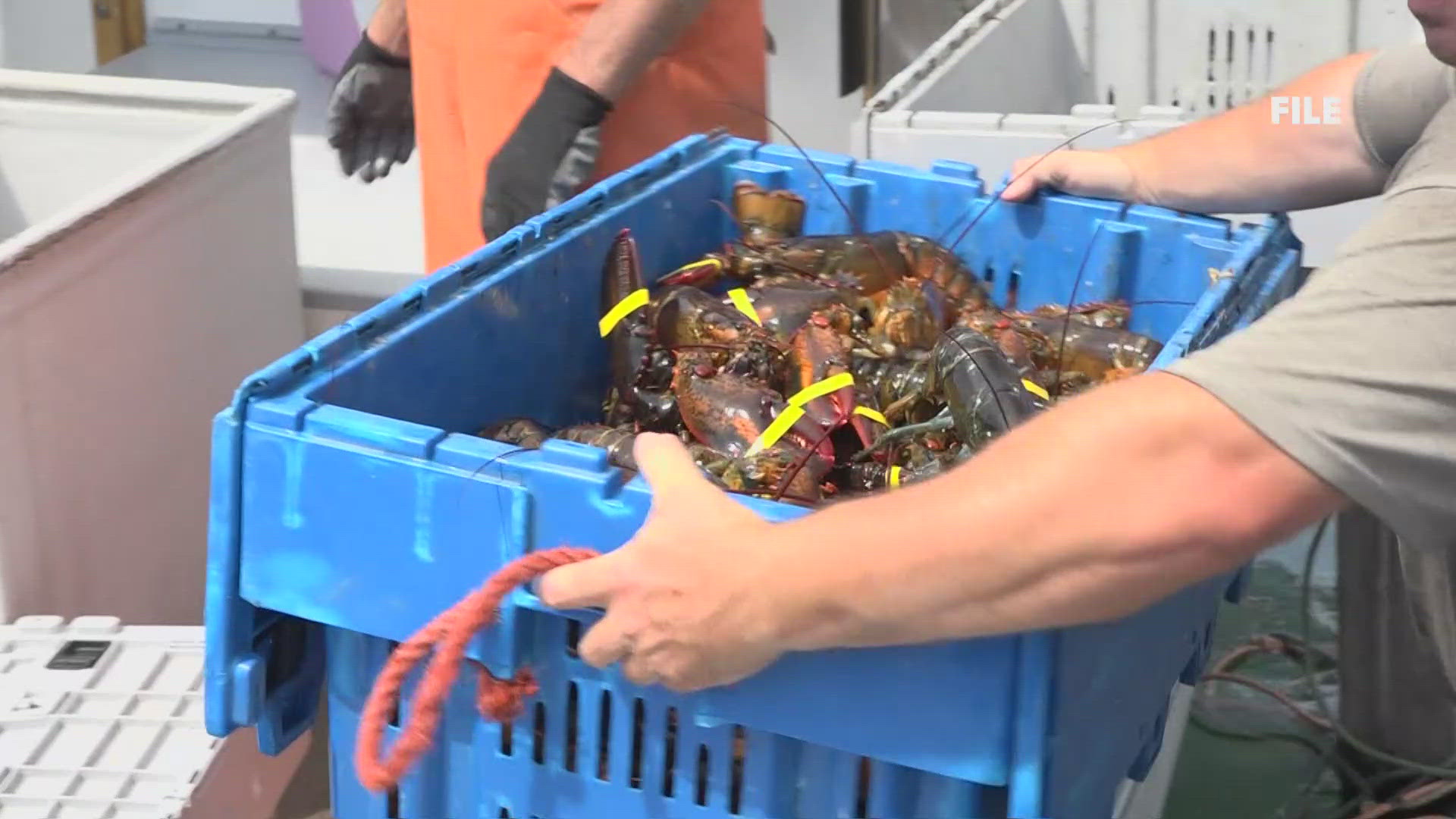
U.S.-Canada Lobster Town Meeting: Addressing Trade Tariffs and Climate Challenges in the Lobster Industry
BAR HARBOR, Maine — The 2025 U.S.-Canada Lobster Town Meeting has brought together the fishermen who represent Maine’s most lucrative agricultural export, sparking vital discussions about the future of the lobster industry. As attendees converge in Bar Harbor, one prevailing theme is the deep interconnection between lobstermen from both the U.S. and Canada.
Shared Challenges and Opportunities
“Our industries are deeply intertwined; the symbiosis we share is essential,” stated Carl Allen, a representative from New Brunswick’s Maritime Fisherman’s Union. His sentiments were mirrored by Patrice McCarron, the executive director of the Maine Lobstermen’s Association, who emphasized the incredible exchange of knowledge that occurs at gatherings like this.
“The insights we gain from each other are invaluable, even though we operate in this field daily,” McCarron noted, reflecting on the day’s informative panels. The annual event, organized by the University of Maine’s Lobster Institute, aims to foster dialogue and cooperation within the lobster sector.
Focus on Ecosystem Changes
Discussions during the conference have centered around the evolving ecosystems of the ocean, industry data, and management philosophies from both nations. Despite concerns about rising ocean temperatures affecting lobster populations, McCarron remains optimistic about the industry’s resilience.
“The key question is not whether lobsters will continue to thrive, but rather how much we can sustain and how prepared we need to be for future changes,” she explained. This uncertainty drives Allen to advocate for a more adaptable regulatory framework within the industry.
“Often, by the time we understand a situation, we’ve already moved on to the next challenge. We need to implement flexibility in our systems,” Allen asserted.
Trade Issues at the Forefront
While the first day of discussions was engaging, the second day promises to be pivotal, particularly with a panel dedicated solely to trade issues. Geoff Irvine, executive director of the Lobster Council of Canada, expressed concern over the potential consequences of a trade war.
“Such a conflict would be harmful to everyone involved, affecting both Mainers and Atlantic Canadians alike,” he stated. Irvine hopes that the upcoming discussions will galvanize U.S. fishermen to urge their representatives to oppose any tariffs proposed by President Donald Trump.
McCarron echoed these concerns, particularly regarding the impact on rural communities reliant on the lobster industry. “Pricing our customers out of the market is a serious concern we need to address,” she warned.
The town meeting is set to conclude on Thursday at noon after a final round of trade discussions, leaving attendees with plenty to consider about the future of the lobster industry amidst evolving economic and environmental landscapes.

